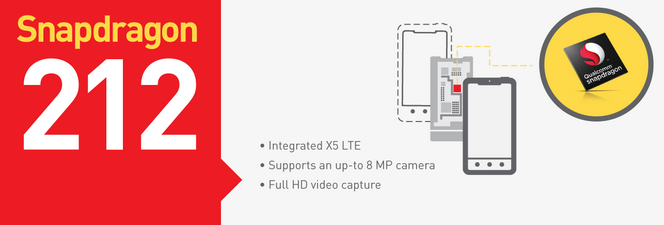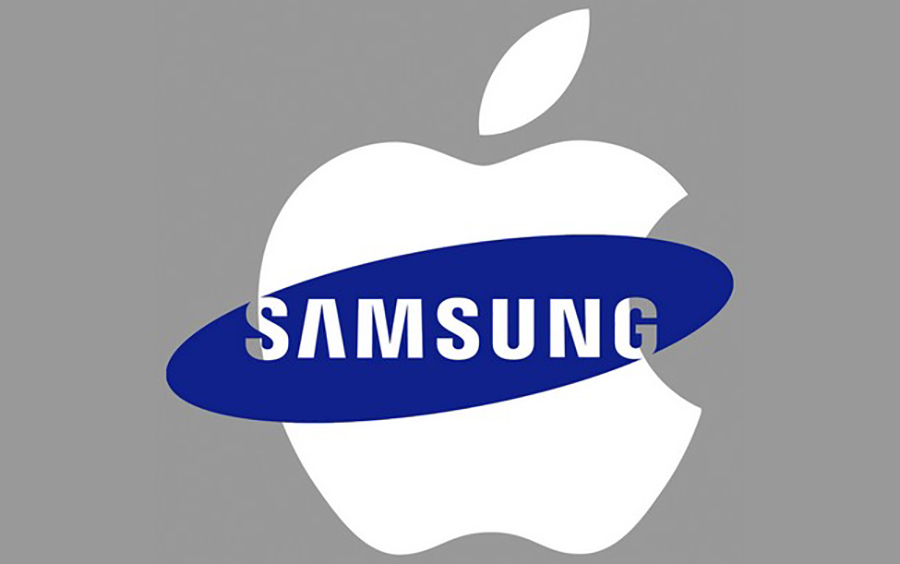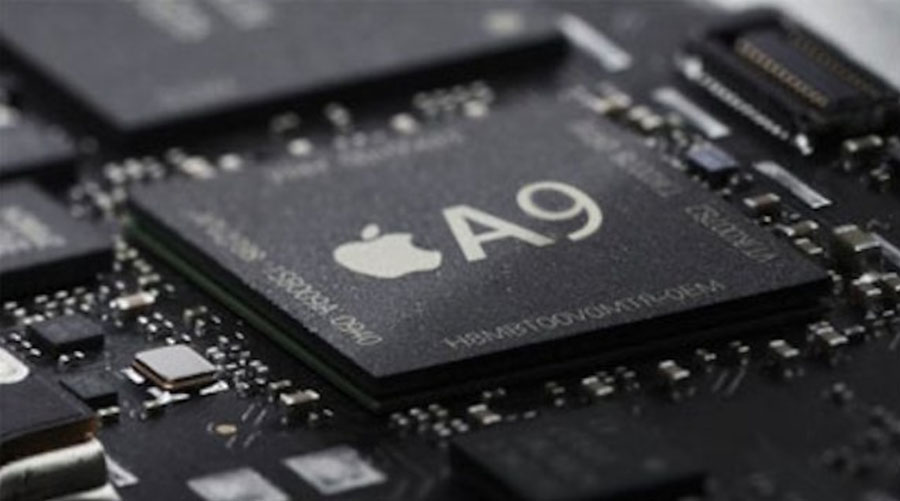Search result
.jpg)
Qualcomm has unveiled two new chipsets today. The Snapdragon 412 SoC and the Snapdragon 212 SoC are slight improvements over the Snapdragon 410 and Snapdragon 210 chipsets that they replace. The Snapdragon 212 is an entry-level chip set that will find usage in the lowest priced smartphones, while the Snapdragon 412 will be found in mid-range handsets.
Let's start with the Snapdragon 412 SoC. Qualcomm has raised the maximum clock speed on the 64-bit capable Corex-A53 cores to 1.4GHz. And while the Adreno 306 continues to handle graphics, it too is running faster as compared to the clock speeds employed on the SD-410. The latter ran its four Cortex-A53 cores at a max of 1.2GHz. Manufactured using the same 28nm process as it predecessor, the Snapdragon 412 supports screens with a resolution of 1200 x 1920. The chipset also features QuickCharge 2.0, and can handle video playback from 13MP cameras. It also offers X5 LTE connectivity (Cat.4, 150Mbps), along with support for Wi-Fi, b/g/n, Bluetooth 4.1 and USB 2.0.

The Snapdragon 212 bumps the clock speed of the four Cortex-A7 cores to 1.3GHz from the 1.1GHz used on the Snapdragon 210. The Adreno 304 GPU returns, and the chipset is built using the 28nm process just like the SD-210. The new chipset supports screens with a resolution of 720p, and will also handle 1080p video in H.264 and H.265. Devices powered with this chip can employ up to an 8MP camera. Connectivity options include Cat.4 LTE, Wi-Fi b/g/n, Bluetooth 4.1+ BLE, USB 2.0 and Quick Charge 2.0.

Apple always chooses Samsung as its main Hardware chipset manufacturer, Both companies worked together on A6, A7 and A8 chips. According to Etnews, Samsung started making the Apple A9 chipset using a 14nm FinFET design. Apple A9 chips will be included inside the upcoming iPhone / iPad devices Next year (2015).
Samsung has two plants capable of making this chip, but for an unannounced reason it will only be making the A9 in Austin, Texas. Work on that plant was started in late 2012 with a $3.9 Billion investment, specifically with the idea of making Apple chipsets.

TSMC will not let go of the lucrative Apple deal easily and has a competing 16nm FinFET Plus process ready to go. Even though TSMC made the bulk of Apple A8 chips, Samsung still got a cut so sourcing the new chipset from two companies is quite likely.
© 2023 YouMobile Inc. All rights reserved





